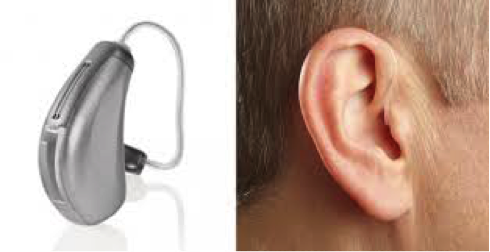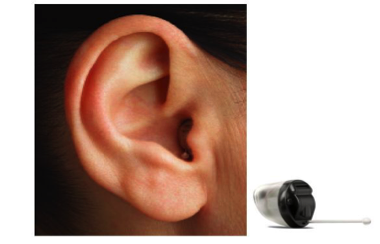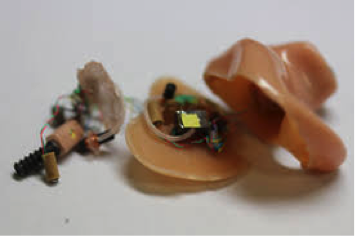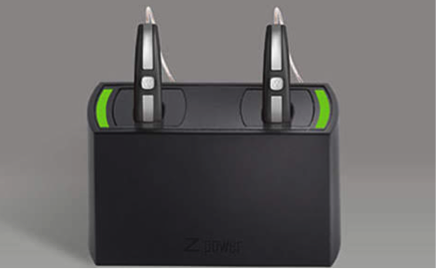Each month we will be doing an “Ask the Expert” blog post. If you have questions for our expert, send them to us at [email protected] and put “Ask the Expert” in the subject line.
Q: Are there any medications or surgeries that are available to fix my hearing loss?
A: There is no magic pill to fix hearing loss. Only around 5% of all people with hearing loss can have their problem corrected with medicine or surgery. The medicinal aspect would be if your hearing loss is being caused by something like an ear infection or allergies. The surgical route would be a cochlear implant, which can be very invasive and doesn’t always have the best success rate. This surgery is usually reserved for people with profound hearing loss.

Q: Won’t hearing aids make me look old?
A: You know the only thing that makes you look older than hearing aids? Saying “what” all the time! All kidding aside, appearance is important and nobody wants to wear a big ugly hearing aid that will stick out or be an eyesore.
Hearing aids today are made with discreet and stylish designs while still providing the power and features that people need. Behind the ear hearing aids have gotten so small it is hard to notice somebody wearing them.

In the canal hearing aids can be made so small they are often referred to as “IIC” hearing aids. Which stands for “Invisible in the Canal”. This hearing aids is custom molded for the patient’s ear canal and fits deep enough in the canal that it is practically invisible.

As tempting as it can be, you should not pick out a hearing aid based on style. Different style hearing aids are used to treat different levels of loss. The best thing you can do is consult a professional and see what style they recommend for your specific loss.
Q: I got my hearing aids from you guys. What does my damage warranty cover? What does my loss warranty cover?

A: Your damage warranty will cover any and all repairs that occur during the warranty period, which is usually three years from the date you got the hearing aids. You will not pay any out of pocket costs for a repair.
Your loss warranty is a one-time loss warranty per ear for the same amount of warranty period (usually three years). If you lose a hearing aid, simply call us and let us know which one you lost and we will order you a replacement hearing aid. In this scenario you would be responsible for paying the warranty deductible. The amount of that deductible is based on which hearing aid you purchased and can be found on your purchase agreement.
When we fit a patient with hearing aids the warranty is included. So are batteries. So are supplies and so is service. We bundle things so that the patient has everything they need to be successful. The last thing you want to do after purchasing hearing aids, is have to make a bunch of other purchases just to make sure you have everything you will need to operate the hearing aids.
Q: Are hearing aids difficult to take care of?
A: Not at all! Maintaining your hearing aids is as simple as keeping them clean and changing the batteries regularly. In fact, about 90% of the people that come in to our office because their hearing aids are “broken”, just need to have them cleaned or fresh batteries put in.
If you wipe down your hearing aids each night before you go to bed, it will go a long way toward keeping them working. Sweat, oil from our skin and ear wax can build up on the hearing aids and start to break them down. Regular cleanings will keep this from happening.
Batteries are usually changed once a week. If you have rechargeable hearing aids you don’t even have to worry about that. Simply place the hearing aids on the charger before going to bed and they will be ready to roll in the morning.

Q: How do you determine the right style of hearing aid for a patient?
A: The style of hearing aid that we recommend for a patient is based on a number of factors.
- Severity of hearing loss. This determines the amount of power that is required.
- Lifestyle. Bluetooth connectivity, smart phone compatibility, etc.
- Dexterity or vision limitations. Some people might end up in a rechargeable battery because their vision or dexterity prevents them from changing a standard battery.
- Appearance. We want to make sure that the patient likes the look and feel of their hearing aid. If they don’t like the look, they just won’t wear the hearing aids.
If you have a question that you want answered, contact our office and set up an appointment with one of our hearing specialists.

